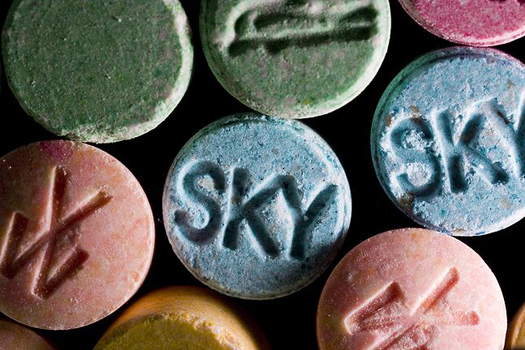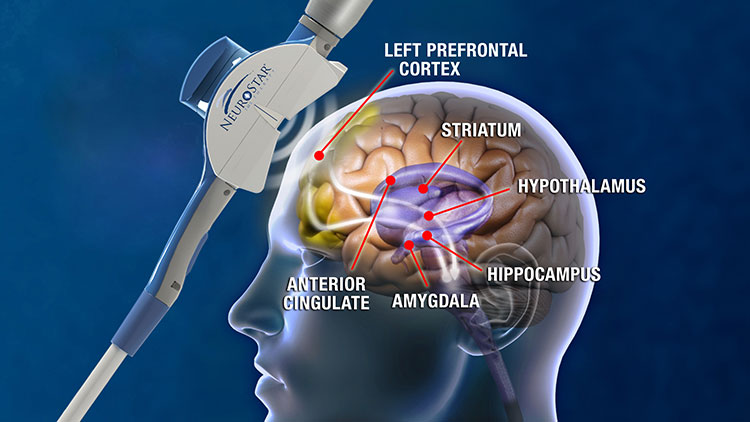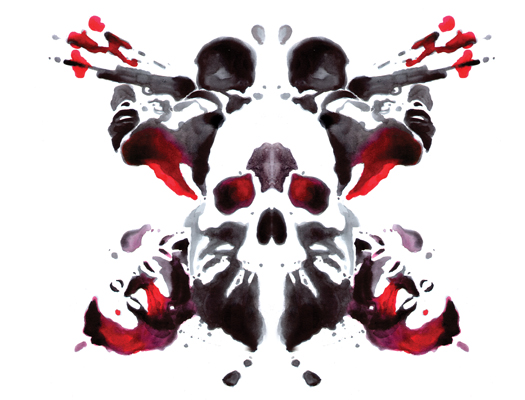

Apparently, the good ol’ days really did shine brighter, at least for drug development. In decades past, clinical trials found that drugs were hugely effective, compared to placebo, a new study reveals. Newer drugs, on the other hand, are often only just slightly better than placebo, Reuters reported. The study looked at drugs of all types, treating everything from infections to mental illness to cancer.
This is a strange phenomenon, but one that conforms to how many doctors feel. Over the past few years, there’s been a lot of talk about the increasing costs, but decreasing effectiveness, of the pharmaceutical industry. Effectiveness-over-placebo is just another way of measuring that decline.
As new studies confirm the trend, new drugs may find themselves in trouble with U.S. healthcare reform, Reuters reported. The Affordable Care Act emphasizes comparing treatments. Newer drugs, with their subtler effects, may lose out.
So why is this happening? Some posit that the problem is not as bad as it seems; it may be that the people who volunteer for clinical trials have changed, for example. Many clinical trials now treat those who haven’t responded to anything else, so their cases are naturally more difficult. Clinical trials may also be more carefully run now than they were in 1966, the earliest trials the new study examined. More careful trials likely find less dramatic effects for drugs.
Nevertheless, the problem is real, Mark Olfson, one of the researchers who conducted the new study, told Reuters. And how to fix it will have to be an entirely differently study.







